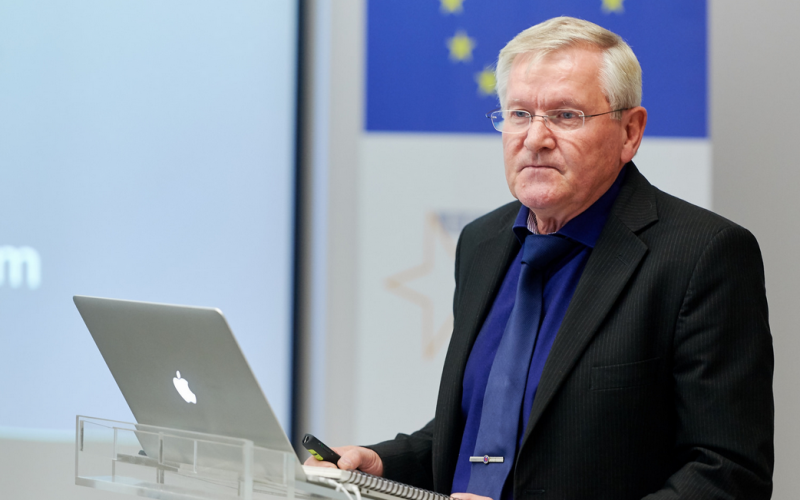Count down for global LCA data access (GLAD)
LCA data is used by organizations to measure, follow up and reduce environmental and social impact. The interest in life cycle assessment is increasing globally and so is the need for LCA data. Swedish Life Cycle Center and ecoinvent in Switzerland were among the first actors to develop LCA databases and database formats in 1995 and since then both commercial and non-commercial databases have been established. For Swedish life Cycle Center and the project Swedish platform for the life cycle perspective, it is important to contribute to making LCA data more accessible and transparent globally.
Within UN Environment the “Global LCA Data Access” network (GLAD) has been prepared since 2012 and is soon about to be launched. The purpose of GLAD is to provide a global network comprised of independently-operated and inter operable LCA databases that connects multiple data sources to support life cycle assessment in a way that facilitates sustainability-related decisions. The Steering Committee consists of representatives from 14 countries and Sweden is one of them. Sven-Olof Ryding, Swedish Environmental Protection Agency, has a long history within Swedish Life Cycle Center and has currently a seat in the Steering Committee of GLAD.

Sven-Olof Ryding (Swedish Environmental Protection Agency)
Through the expert group Data strategy, Swedish Life Cycle Center and Swedish platform for the life cycle perspective follows and influences GLAD and supports the Swedish representative in GLAD. On April 26-27 the launch of GLAD will take place in Brussels along with a conference. Representatives from Swedish Life Cycle Center will be there to influence, present and report back to you.
Follow updates on www.lifecyclecenter.se or on Linkedin to get the latest news from GLAD.
Text: Ulrika Georgsson
Photo: Hugo Gustafsson
Top photo: fr left Sara Palander (Director of Swedish Life Cycle Center), Sven-Olof Ryding (Swedish Environmental Protection Agency), Ulrika Domellöf-Mattson (Swedish Environmental Protection Agency) and Christoffer Krewer (RISE Research Institutes of Sweden).
